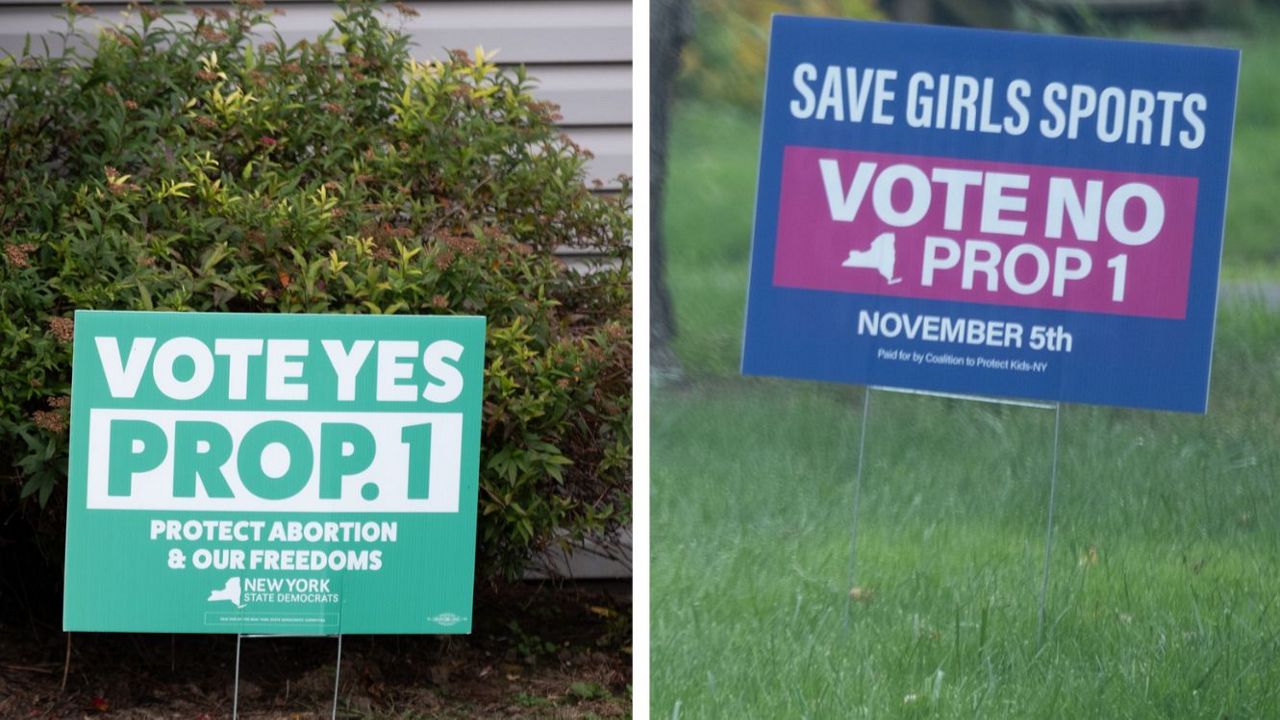With Election Day just around the corner—New Yorkers will have the opportunity to vote in various congressional races, the presidential election, and the Senate election. Additionally, they will face an often-overlooked decision on the ballot: whether to support or oppose Proposition 1.
Proposition 1, also known as the New York Equal Rights Amendment, proposes the following:
– Establishment of constitutional protections against discrimination
– Protection of abortion rights and access to reproductive healthcare, including birth control and IVF
– Safeguarding the rights of LGBTQ+ New Yorkers
– Protection of older, disabled, pregnant, and LGBTQ+ individuals
– Ensuring access for older and disabled New Yorkers
– Prevention of discrimination against all individuals
Opponents of Proposition 1 present several arguments against it:
They contend that the wording of Proposition 1, specifically the phrase “any such class is granted equal protection of the laws,” is ambiguous and could lead to various interpretations. Critics warn that the amendment’s provision against discrimination based on “national origin” might create confusion and open the door to loopholes that could be exploited to advance specific agendas. One prominent concern is that the proposal could be used to grant noncitizens the right to vote.
Additionally, there is controversy surrounding the possibility that this legislation might allow biological males to compete in women’s sports, according to critics of the proposition.
Finally, detractors argue that the act is unnecessary, as protections for LGBTQ+ individuals and abortion rights have already been established and remain in effect in the state.
I invite the reader to draw their own conclusions, as the implications of these decisions can be far-reaching. Elections have consequences that extend beyond the immediate ballot choices, and propositions like this one—though often overlooked amid the excitement and attention given to more high-profile races—deserve careful consideration and scrutiny. It is essential to recognize that every vote contributes to shaping the future and that seemingly minor measures can have significant impacts on our rights and freedoms. Thus, I encourage a thoughtful examination of these issues so that informed choices can be made, ensuring that all voices are heard in the democratic process.

